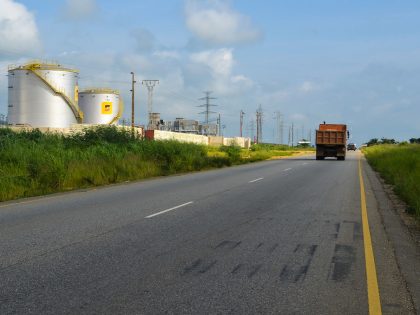Africans and the creation of the modern world
Europe would have been a marginal player in world history without Africa's natural resources and centuries of cheap African labor.

Elmina, Ghana, in 2018. The invading Portuguese erected a castle there in 1492, the first trading post built on the Gulf of Guinea, and the oldest European building in existence south of the Sahara. Credit Konrad Lembcke via Flickr CC BY-ND 2.0.
In early September 2021, a statue of Robert E. Lee, who fought on the losing confederate side of the American Civil War, was taken down in Richmond Virginia, the former capital of the confederacy. Lee had good company. Two months earlier, in Sao Paulo, protestors set fire to the statue of Borba Gato, a seventeenth century Portuguese “fortune hunter,” who enslaved indigenous Brazilians. A statue of Belgium’s King Leopold II in Antwerp had a similar fate. From Colombia to New Zealand, South Africa to France, statues, busts, plaques, and other memorials tied to the history of enslavement and colonization have been pulled down. In Born in Blackness, (to be published on October 12 by Norton) Howard French, career foreign correspondent and former New York Times bureau chief in the Americas, Africa, and Asia scrutinizes the received history of “the West.” He fills in crucial gaps and pulls down the assumptions, narratives, and myths that exclude Africans and Africa from the formation of the modern world. I spoke to French about this and other themes from his book. The conversation has been lightly edited for brevity and clarity.



